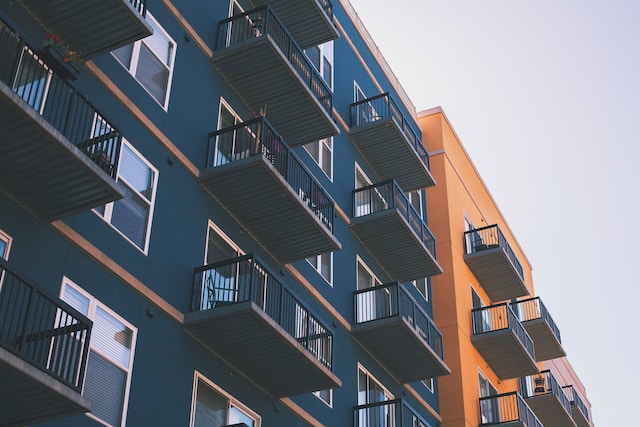
Finding a good apartment is often challenging, as there are many factors that will influence your decision. The area, the commute to work, the amenities, and other elements will influence your decision. However, when your dream apartment becomes a hazard and you suffer apartment injuries, you may be frustrated with the negligence. When hurt in your home, you’ll want to have the help of apartment injury attorneys. Keep reading to learn more about how we can help you through this time.
What are the common types of apartment injuries?
Living in an apartment is ideal for many, but like anything, this can cause injuries if the building is not upheld. However, understanding the most common injuries is essential to staying safe.
One of the most common hazards that apartment dwellers encounter is unsafe stairwells. Unfortunately, when there is a stairwell that is not up to code, it can pose significant health and safety issues. In Pennsylvania, stairwells must have handrails, treads, and rises that meet specific measurements. If these are not met, it can lead to slipping and falling down the stairs, resulting in injuries like broken bones or head injuries.
Similarly, in Pennsylvania, an apartment must have at least one smoke detector on each floor. This smoke detector must be within fifteen feet of the bedroom. If smoke detectors are not functional, they can cause significant injuries and even death.
Unfortunately, mold is something not many people know how to look for or understand why it’s dangerous. When there is an excess of moisture in your home, it can cause growth. Inhalation of mold can cause cold-like symptoms and, if left untreated, mold can lead to lung infections.
When is my landlord liable for injuries?
If hurt on the premises of the space you rent, you may wonder if you can hold your landlord responsible for the injuries you endured. In most instances, they are legally responsible for preventing injuries by maintaining and repairing unsafe conditions. For example, if there is a loose step on a staircase in the common area, the landlord would likely be responsible for injuries caused because it is a hazard that is foreseeable.
Similarly, if there is a hazard that may not be visible, such as uneven flooring hidden by an area rug, the landlord must notify all tenants.
However, in some instances, the tenant may have contributed to their injury. Pennsylvania follows a modified 51% comparative negligence law. So long as the injured party is less responsible, they are eligible to collect damages. For example, if you are found 10% liable for your injuries, you can collect damages reduced by your percentage of fault.
When you are injured in your home due to the negligence of a landlord, ensuring you can collect the compensation you may be entitled to is essential. At Friedman Schuman Layser , our dedicated legal team will help guide you through this process. Contact us today to learn how we will fight for you.